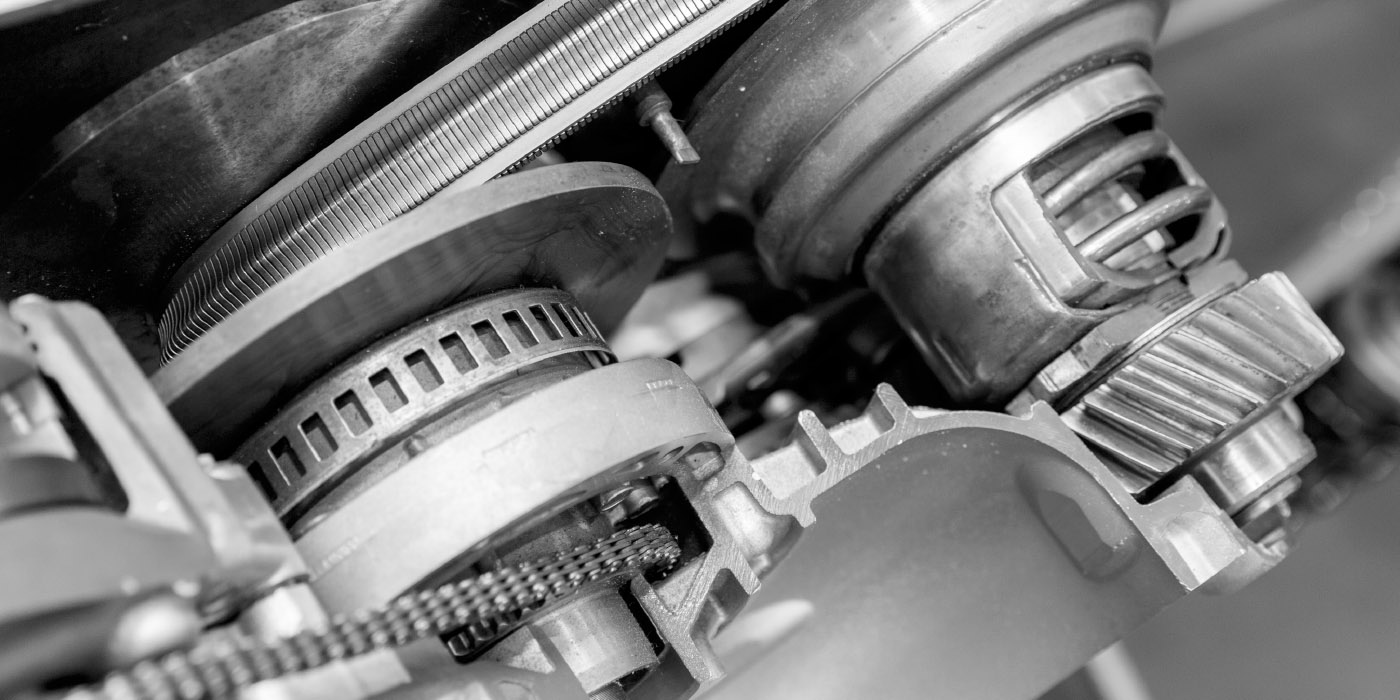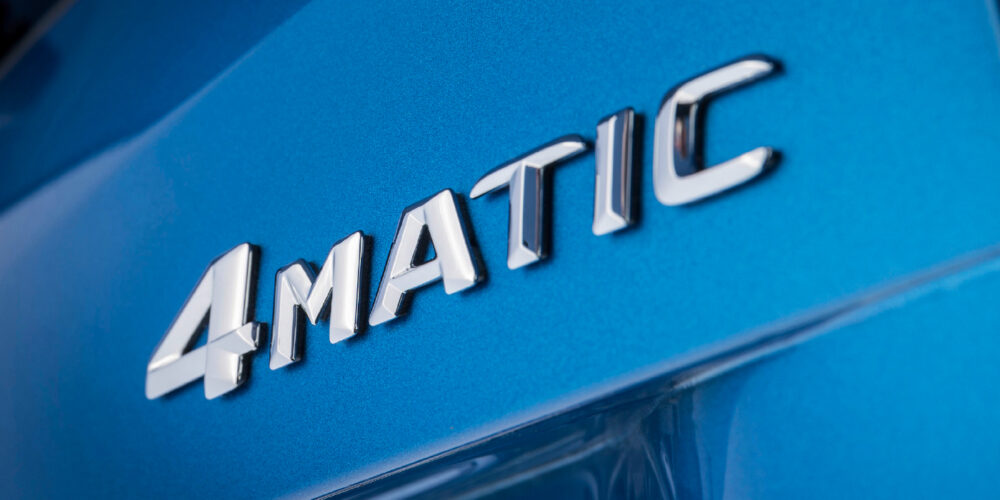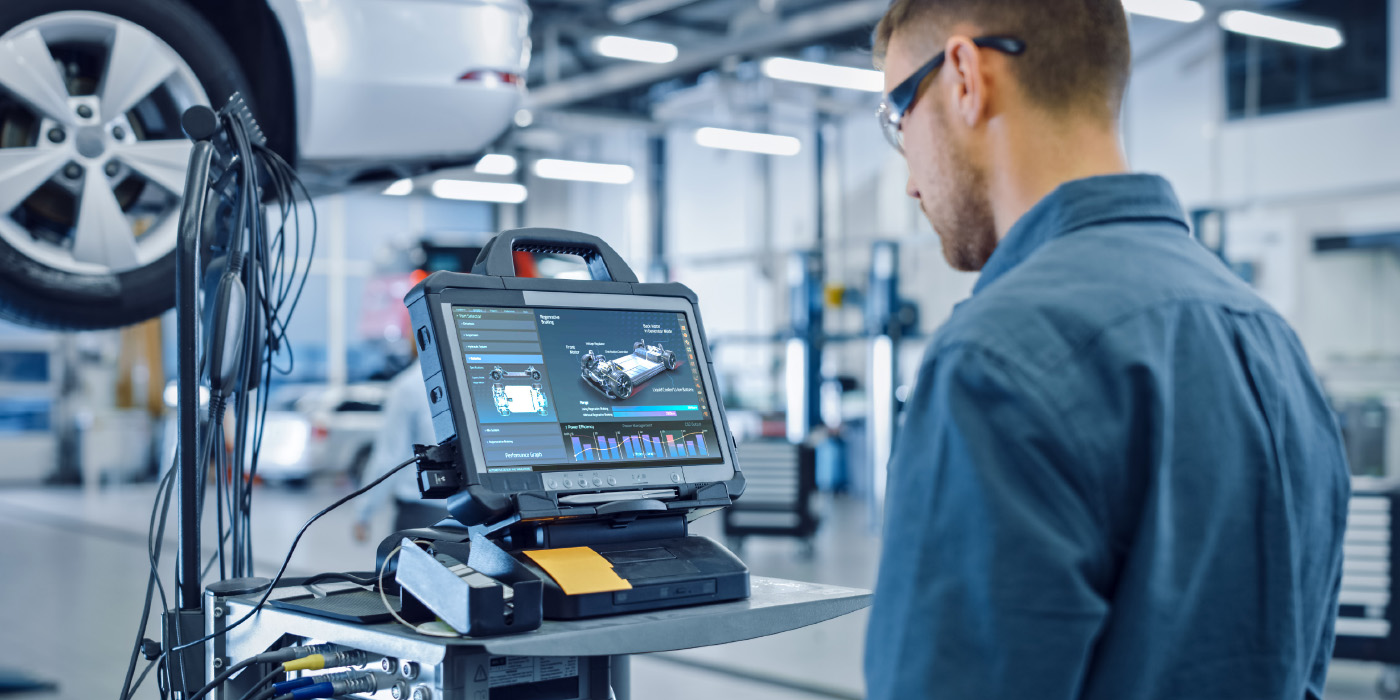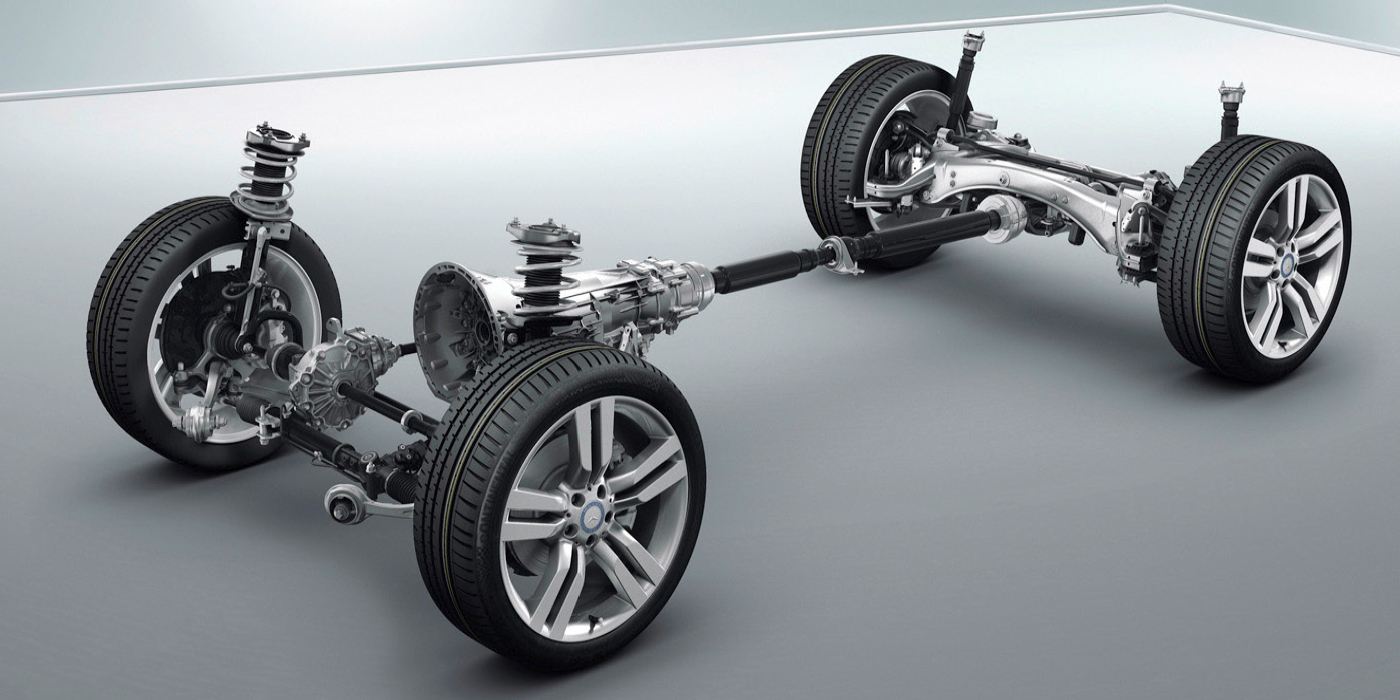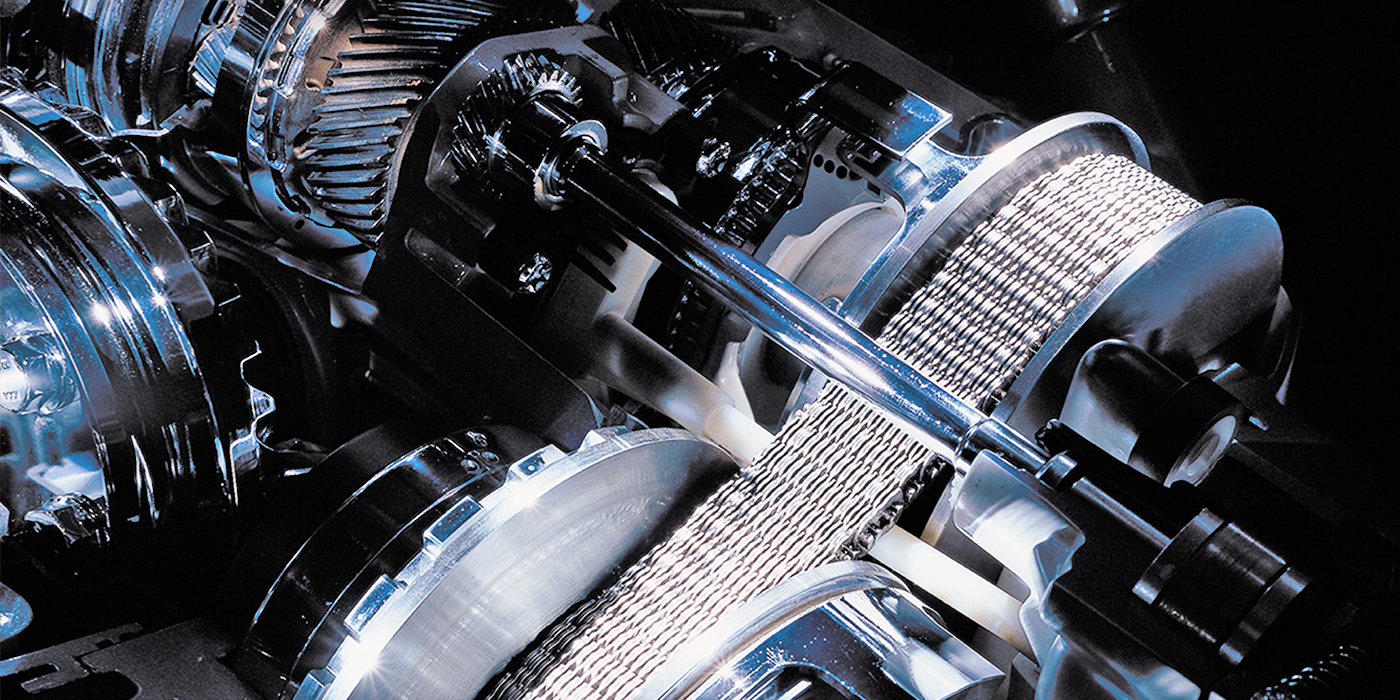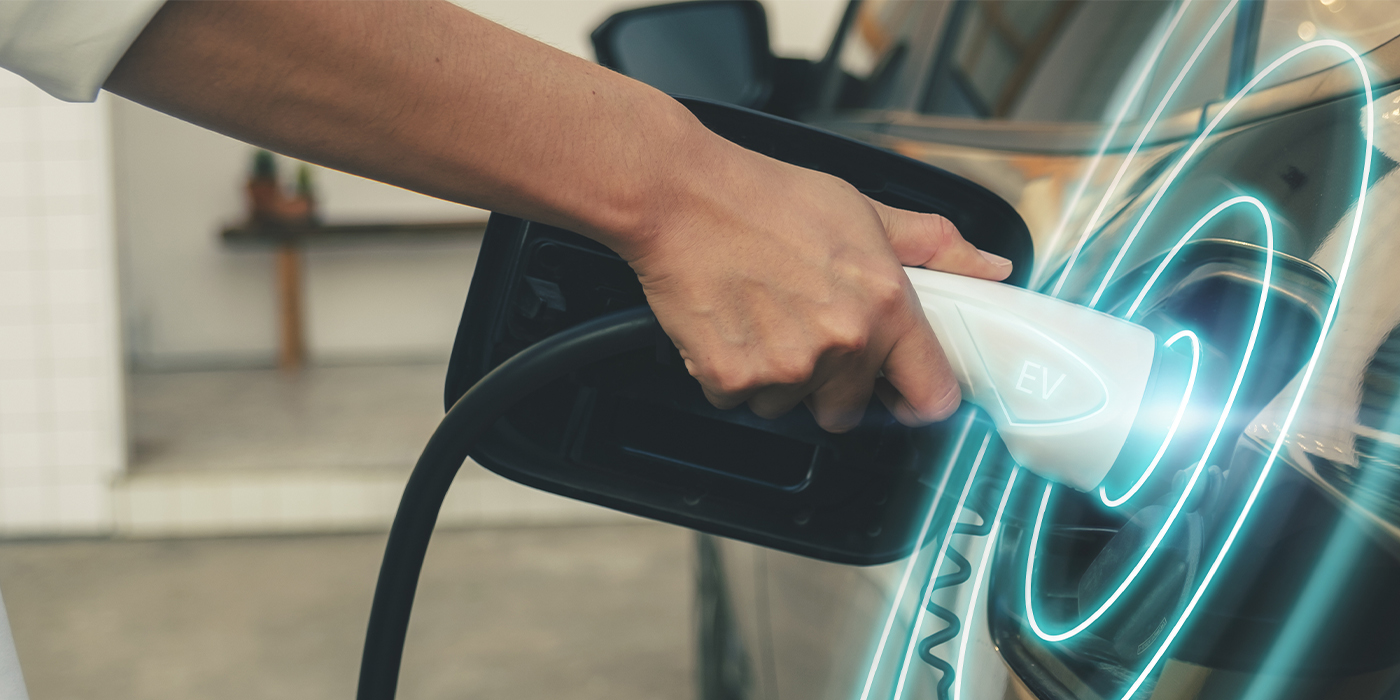Lying in bed last month about 1:30 a.m. while listening to one of my favorite radio talk show programs, “Coast To Coast A.M. with Art Bell,” I heard the distinct voice of country legend and environmentalist Willie Nelson who was touting his biodiesel fuel brand and his biodiesel-fueled tour bus.
According to Nelson, just by using biodiesel in the tank, one can turn a giant F350 7.3L V8, diesel-powered pick-up truck into a more environmentally friendly vehicle than a Toyota Prius Hybrid. As a bonus, no modifications are needed to the vehicle or the gas station supplying the fuel to facilitate this transformation.
Nelson’s biodiesel fuel, called BioWillie, is now being marketed and sold to truck stops in the South and Midwest. But Nelson’s isn’t the only biodiesel (diesel fuel made from natural and renewable resources such as soybean oil) on the market. Many other brands are evolving, as the use of clean-burning, engine-cleaning biodiesel becomes more popular.
There are a number of reasons why biodiesel is getting attention. It can power conventional diesel engines, it is environmentally friendly and it substantially reduces emissions of unburned hydrocarbons, carbon monoxide and particulate matter. And, as an alternative and renewable fuel, biodiesel also can reduce overall global dependence on fossil fuels, reduce our dependence on foreign oil and eliminate the need to drill in Arctic National Wildlife Refuge in Alaska.
Nelson said blends like BioWillie (made up of 20% biodiesel mixed with 80% petroleum diesel fuel and called B20) can be used in nearly all diesel equipment providing the same payload capacity and is compatible with most storage and distribution equipment. While these low-level blends generally do not require any engine modifications, users should still consult their OEM and engine warranty statement.
At this point, higher blends, and even pure biodiesel (100% biodiesel, or B100), can be used in many engines built since 1994 with little or no modification. However, transportation and storage for this requires special management like heated storage tanks in cold climates.
As diesel prices continue to climb (average U.S. price per gallon hit $1.79 in March), biodiesel products like B20 make sense. According to the American Biofuels Association, using government incentives comparable to those that have been provided for ethanol, biodiesel sales could reach about 2 billion gallons per year, or replace about 8% of conventional highway diesel fuel consumption. At this level of market penetration, biodiesel could be used in more bus fleets, government fleets, heavy-duty trucks and even light-duty vehicles, as well as marine vessels such as ferries, construction and agricultural vehicles, home heating oil systems and electric generation facilities. Currently, about 500 major fleets nationwide use biodiesel products and the fuel is made available to the public at about 300 retail filling stations.
Another benefit is the use of biodiesel would help ensure greater strategic national security by displacing an equivalent amount of foreign crude oil. Given that 35 billion gallons of diesel are used each year in the U.S. and that more than 50% of this figure is imported, the use of diesel contributes to both the U.S. trade imbalance and a national security concern relative to dependency on foreign oil.
Some would argue that biodiesel costs more to produce. Currently, that may be true. But as more farmers grow the necessary crops and more commercial biodiesel refineries go online, costs of a biodiesel product would be competitive to today’s petroleum diesel (Source: National Resources Defense Council). And, the U.S. currently produces an estimated surplus of 2 billion gallons of oils and tallows that would already be available for biodiesel production.
The cost per gallon of biodiesel could also be lower for consumers if Congress and the Bush administration would be more gung-ho on reducing the taxes set on this biodiesel and bio-blends. (About 25-28% of the price of a gallon of diesel fuel goes toward taxes.) In his State of the Union addresses, President Bush has said he encouraged the use of biofuels. Well, it’s time for him to put his money where his mouth is and provide stronger tax incentives for the biodiesel of the future, as well as saving the incentives that are set to expire Dec. 31, 2006. And it’s time for more funding to develop and build biodiesel refineries, promote advertising to educate diesel vehicle owners on the benefits of biodiesel and provide enticements to American farmers to grow the necessary crops.
For more information, visit:
www.wnbiodiesel.com
www.biodiesel.org.




